Andrew Leavitt, Ph.D. Chancellor | Official website
Andrew Leavitt, Ph.D. Chancellor | Official website
Student researchers at the University of Wisconsin–Oshkosh are preparing to present their work on water quality and plastic pollution at the upcoming McNair and Beckman Scholars Showcase. The event will take place on Thursday, September 25, from 4-6 p.m. at the Culver Family Welcome Center.
Evangalios “Lios” Guigley, a senior biomedical science major and Beckman Scholar, spent his summer studying how antibiotic resistance spreads through waterways in Wisconsin by analyzing samples from the Fox-Wolf River watershed. "I like to think of it as microbes such as bacteria that have machines to read the pieces of code they pick up from other microbes or from their environment," Guigley said. "If the code is out in the environment, pathogenic microbes, the microbes that can cause serious illness, can pick up the code—antimicrobial resistant genes—and gain antibiotic resistance. This makes medical treatments less effective against treating an infection."
Guigley is one of 15 students who will share research findings at this year’s showcase. UW-Oshkosh Provost Ed Martini commented on the significance of undergraduate research opportunities: "This event demonstrates what sets UW-Oshkosh apart: undergraduates who are entrusted with meaningful research, faculty who challenge and support them, and address real-world problems in the communities we serve," Martini said. "I could not be more proud of what our students and mentors are accomplishing together."
Abigail Thomas, a McNair Scholar from Hortonville, worked over the summer to improve methods for breaking down polylactic acid (PLA) plastics using bacteria isolated from local freshwater sources. She explained her focus: "PLA (polylactic acid plastic) doesn’t break down quickly in the environment, and recycling infrastructure is limited," she said. "By focusing on using microbes, the process could become faster and more cost-effective." Thomas also noted challenges faced during her project: "Research isn’t perfect; it is full of unexpected results," she said. "The important part is how you troubleshoot. That is what drives curiosity and growth as a researcher."
Thomas credited fellow scholar Aedon Langkau for assisting her with laboratory techniques: "The protocols are all out there, but he showed me how he does things and walked me through the steps," she said. "Having him there to answer questions really made a difference." Langkau found mentoring valuable for his own learning: "Being able to teach a technique reinforces my own understanding," he said. "Having others around to bounce ideas off makes the work better."
Microbiology professor Sabrina Mueller-Spitz mentors both Beckman and McNair Scholars at UWO. She described her approach: "That ownership builds confidence, and it is okay to make mistakes as you learn how research really works," Mueller-Spitz said.
Mueller-Spitz emphasized that these projects allow undergraduates to address significant public health issues while developing communication skills: "We are tackling public-health questions from a microbiology angle," she said. "And at the same time, they are learning how to communicate their science to varied audiences."
Cordelia Bowlus directs both programs at UWO and highlighted student achievements over summer research experiences: “Just getting up to speed on published scholarly research can be overwhelming. Add to that the writing of a proposal that is both original and manageable, and the inevitable bumps in the road—problems with data collection, unexpected results, equipment malfunctions, tedious editing—and you begin to see what they have accomplished,” Bowlus said. “They have discovered the joy and challenges of academic inquiry, and their lives will never be the same.”
The showcase will feature poster presentations by 11 McNair Scholars—supported by a U.S Department of Education program focused on first-generation college students—and four Beckman Scholars—a group supported by funding from Arnold and Mabel Beckman Foundation since 2024.
Students’ projects span various disciplines including chemistry studies on PET oligomers for biodegradation; geology investigations into mineral compositions; reviews on arts integration in education; analysis of artificial intelligence impacts in accounting; studies addressing firefighter cardiac risk; neuroscience approaches examining blood-brain barrier changes; as well as multiple projects related to microplastics detection or breakdown.
UW-Oshkosh remains among few institutions nationwide hosting both programs simultaneously.
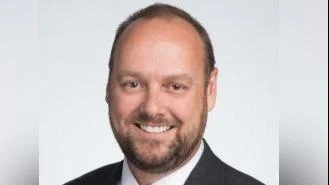
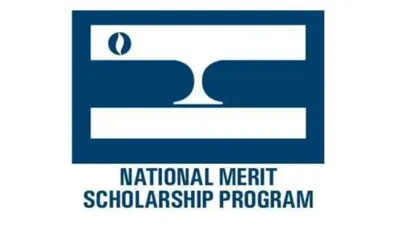
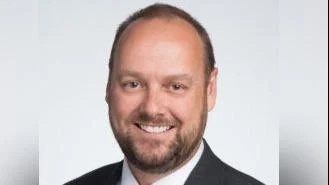
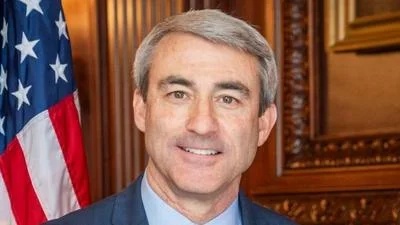
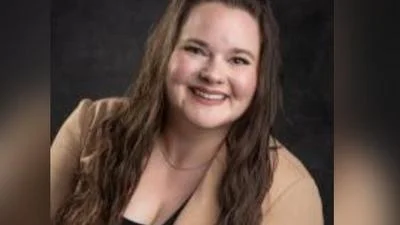

 Alerts Sign-up
Alerts Sign-up